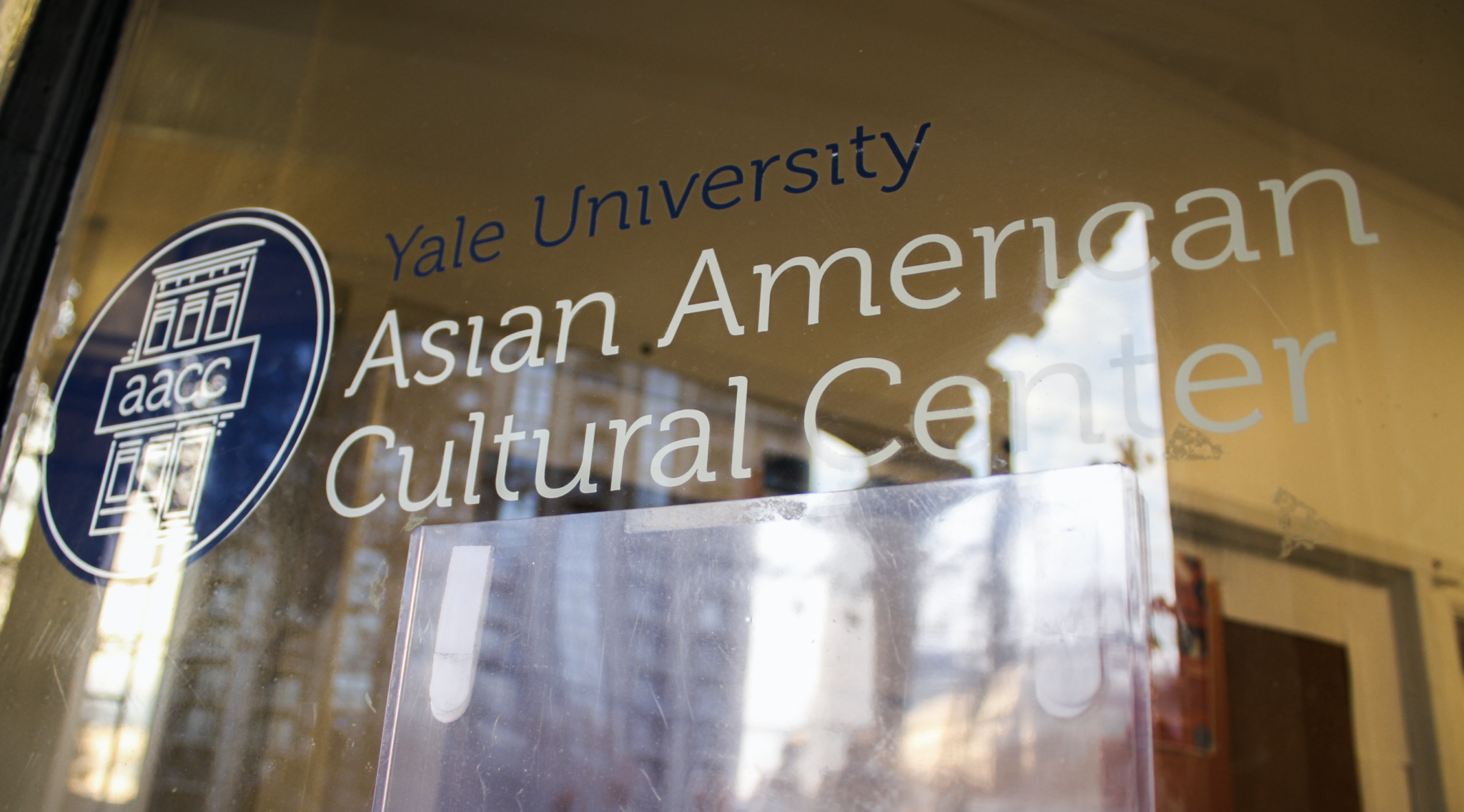
Yale World Fellows gathered Tuesday evening to discuss the importance of cultivating diversity in professional environments in an unorthodox panel that invited feedback from the audience during the talk.
Undergraduate and graduate students, World Fellows and members of the public came together at the Asian American Cultural Center for a panel discussion called “Navigating Identity in Leadership: A Conversation with World Fellows.” World Fellow Wanjiru Mukoma moderated a discussion between three other fellows, Onur Burçak Belli, Nizam Uddin and Diego Tituaña.
“Part of diversity is identity,” Mukoma said. “Part of self-awareness is your own identity.”
At the event, Mukoma encouraged members of the audience to share their own experiences related to diversity and identity in the workplace.
Director of the AACC Joliana Yee provided opening remarks that outlined the mission of the cultural center before the panelists detailed their personal and professional experiences.
Uddin, who identifies as British-Bangladeshi, highlighted the complex and often contradictory nature of identities, especially for those within minority groups. He mentioned that his own cultural and religious identity was cemented by various “crises” in his youth, a message other panelists echoed later in the talk.
Panelists and audience members alike analyzed complex issues, examining the role of concepts such as power, privilege and race and the histories of each. Audience members relayed stories about their childhoods, professional experiences and experiences with discrimination.
Burçak, who is a Syrian-Turkish journalist, said that contributing to and listening to the discussion was valuable for people from a variety of backgrounds.
“It’s important to have discussions with people from privileged backgrounds … [who] never have to think about these questions,” she said. “It’s important for people with privileged backgrounds … whether ethnically, religiously or racially to realize that privilege is often invisible.”
Mukoma reiterated the importance of group reflection and discussion about identity, especially for undergraduates who will go on to meet a wide array of people in future professional environments. She said that these conversations enable participants to start thinking about their own identity, which will allow them to more effectively use their power.
Ruchi Dattani GRD ’21, who attended the talk, said she appreciated the free-flowing dialogue between the panelists and the audience at the event.
“I didn’t know that there were people struggling with even forming an identity, which was something that I take for granted,” Dattani said, who added that having attended the panel discussion, she would think about engaging more with her own cultural identity.
The first class of Maurice R. Greenberg World Fellows Program was admitted in 2002.
Neha Middela | neha.middela@yale.edu







